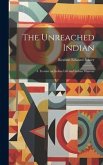When Spanish and French explorers first landed in Florida early in the 16th century, Timucua speakers occupied more land area and were more numerous than any other aboriginal group. This is their first detailed history, a major study that places its author in the forefront of Spanish colonial historians working in the United States. The Timucua are the only native people of Florida whose language survives in literature in sufficient quality and quantity to permit significant study. Relying on previously unused documents, this account of the Timucua traces their experience from first contact with Europeans to their exile to Cuba in 1763 and their final eradication. Beginning with the question of their number and their locations in northern Florida and southern Georgia, John Hann examines the Timucua's contacts with various European groups, starting with Ponce de Leon's expedition. He includes a detailed presentation of their experience under the mission regimes and covers such topics as the Europeans' descriptions of the people, their language, culture, and political structures, the derivation of their language, and the meanings of their place-names and titles. He also resolves confusion over the extent of the territory of a Timucua subgroup known as the Mocama and discusses other Florida native peoples who moved into Timucua territory as refugees during the first half of the 18th century.
Hinweis: Dieser Artikel kann nur an eine deutsche Lieferadresse ausgeliefert werden.
Hinweis: Dieser Artikel kann nur an eine deutsche Lieferadresse ausgeliefert werden.

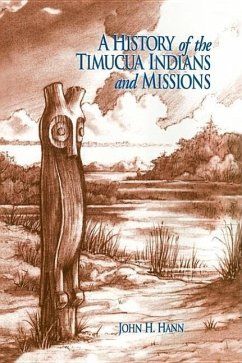
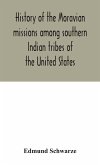
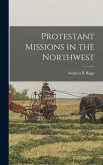
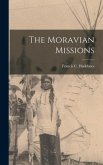
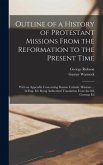
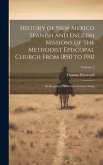
![Oregon Missions and Travels Over the Rocky Mountains, in 1845-46 [microform] Oregon Missions and Travels Over the Rocky Mountains, in 1845-46 [microform]](https://bilder.buecher.de/produkte/65/65492/65492565m.jpg)
